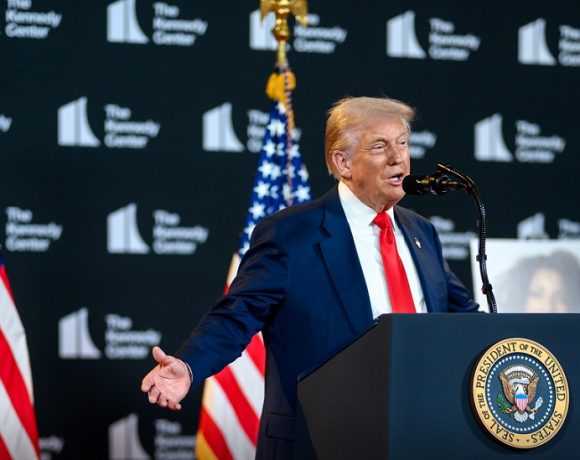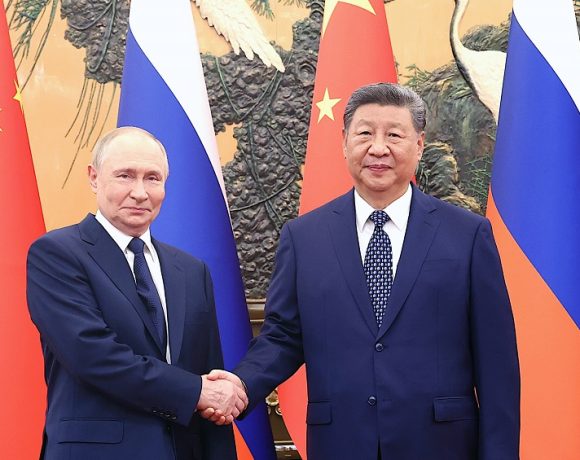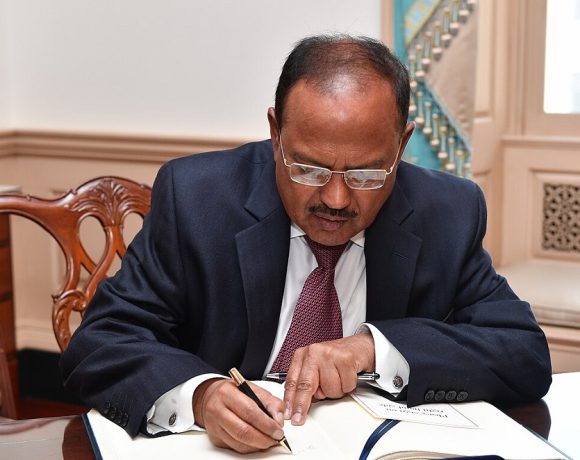
G7 Calls for Immediate Resumption of Iran Nuclear Talks
In a strong unified appeal, the Group of Seven (G7) countries have urged Iran to return to the negotiating table without delay and resume discussions aimed at reviving the 2015 Joint Comprehensive Plan of Action (JCPOA). This comes amid mounting international concern over Iran’s expanding nuclear program and its decision to enrich uranium up to 60%, a level dangerously close to weapons-grade material. The G7, comprising the United States, United Kingdom, France, Germany, Italy, Japan, and Canada, called on Tehran to immediately reverse its nuclear escalations and reaffirmed their commitment to a diplomatic solution that would ensure non-proliferation and enhance stability in the Middle East.
Iran’s Advancing Nuclear Activities Raise Alarm
The G7’s joint statement reflected growing alarm over Iran’s reduced cooperation with the International Atomic Energy Agency (IAEA) and its increasing stockpile of enriched uranium. The group emphasized that these actions risk undermining regional and global security and urged Iran to provide full and transparent access to IAEA inspectors. Since the U.S. withdrawal from the JCPOA in 2018, Iran has steadily breached limits set under the agreement, accelerating uranium enrichment and installing advanced centrifuges. These steps, the G7 warned, have eroded trust and pushed the region toward heightened tensions.
Verification Measures and Sanctions Relief in Focus
The G7 stressed that any future nuclear agreement must include robust verification mechanisms, allowing international monitors to track Iran’s compliance in real-time. The group insisted that enforcement measures should be credible and automatic, ensuring that any breach triggers immediate diplomatic or economic consequences. At the same time, they reiterated that meaningful sanctions relief remains on the table for Iran if it agrees to return to full compliance. This includes potential restoration of access to global financial systems and energy markets, both of which have been curtailed under current sanctions.
Regional and Global Stakes
The G7 leaders noted that reviving the nuclear deal is critical not just for arms control, but also for broader geopolitical stability. A successful agreement could deter other nations in the region from pursuing nuclear capabilities and reduce the threat of military confrontations, particularly with Israel and Gulf nations on edge. The group acknowledged that while the JCPOA remains the best available framework, new concerns like Iran’s missile program and regional proxy activities may also need to be addressed in parallel dialogues.
With the G7 making a clear appeal for diplomacy, the onus is now on Iran to re-engage constructively. The outcome of these renewed efforts could determine whether the region moves toward de-escalation and cooperation or plunges further into distrust and conflict.


















